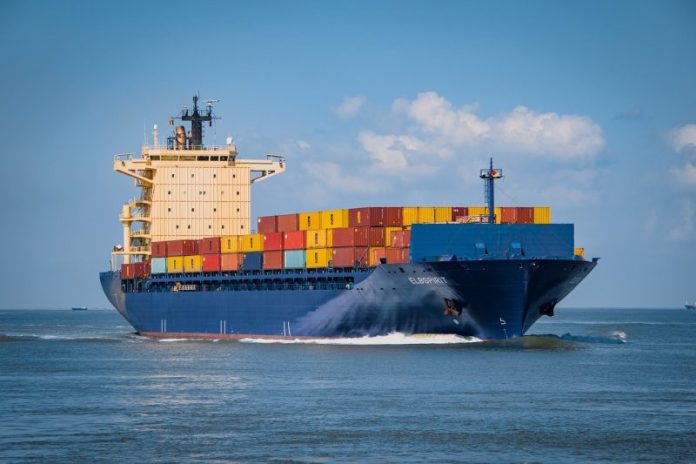-
The Maritime Industry Authority has allowed foreign nationals to engage in domestic shipping
-
Memorandum Circular No. DS-2023-02 outlined guidelines for domestic shipping as a public service under Republic Act 11659
-
RA 11659 eased foreign ownership restrictions in sectors classified as a public service, which includes the shipping industry
-
MC DS-2023-02 revised rules for accrediting domestic shipping operators and entities
-
Foreign enterprises with a franchise or Certificate of Public Convenience may operate domestic shipping services, provided they register with MARINA and adhere to certain conditions for transportation of passengers and cargo
-
After five years of RA 11659, MARINA may seek reclassification of the industry from public service to public utility
The Maritime Industry Authority (MARINA) has allowed foreign nationals to engage in domestic shipping under new rules.
MARINA Memorandum Circular (MC) No. DS-2023-02 prescribes the guidelines for domestic shipping as a public service based on Republic Act (RA) No. 11659 or the Amended Public Service Act.
Under RA 11659, signed in March 2022, industries not classified as public utilities are not subject to the 60%-40% ownership requirement under the Constitution.
With domestic shipping one of the sectors now designated as a public service, the industry is now effectively open to 100% foreign ownership.
The MARINA circular takes effect 15 days after its publication on November 13.
MC DS-2023-02 aligns with the implementing rules and regulations (IRR) of RA 11659 directing government agencies to revise their rules within six months upon effectivity of the IRR.
The circular revised rules for accrediting domestic shipping operators and entities, amending MC 2006-03 and addressing inconsistent memos and orders.
MC DS-2023-02 applies to Filipino and foreign individuals or entities investing in the operation of Philippine-flagged vessels in the country’s waters. It excludes cooperatives, which must be 100% Filipino-owned.
Existing MARINA guidelines remain valid, except those related to ownership or nationality requirements. Foreign enterprises with a franchise or Certificate of Public Convenience (CPC) may operate domestic shipping services, provided they register with MARINA and adhere to specific conditions for personal and business transportation of passengers and cargo.
Incentives for foreign investors are available, subject to government agency policies. All Philippine-flagged ships must have Filipino crews, except when no qualified national is available.
Foreign entities must prove the unavailability of qualified Filipino nationals before employing foreign personnel. MC DS-2023-02 emphasizes that no domestic shipping service should operate without a valid certificate, license, and permit from MARINA.
Liberalization of domestic shipping routes under Executive Order 185 and deregulation of passenger and cargo/freight rates under RA 9295 and its IRR will still be upheld, MC DS-2023-02 noted.
MARINA can ask the National Economic and Development Authority (NEDA) to reclassify domestic shipping from public service to public utility after five years of effectivity of RA 11659. If NEDA so recommends, the President can propose to Congress reclassification as a “critical infrastructure” under the IRR of RA 11659, considering specific criteria.
Critical infrastructure includes public services that own, use, or operate essential physical or virtual systems and assets. The incapacity or destruction of these elements would harm national security. – Roumina Pablo





